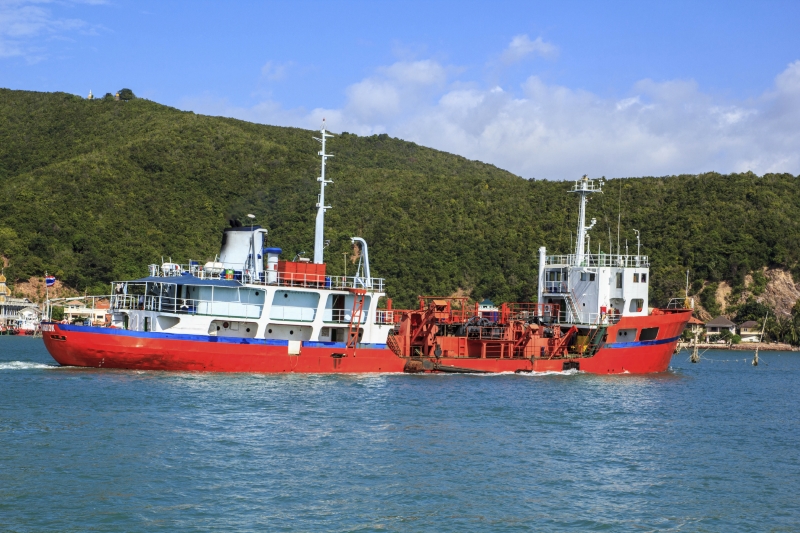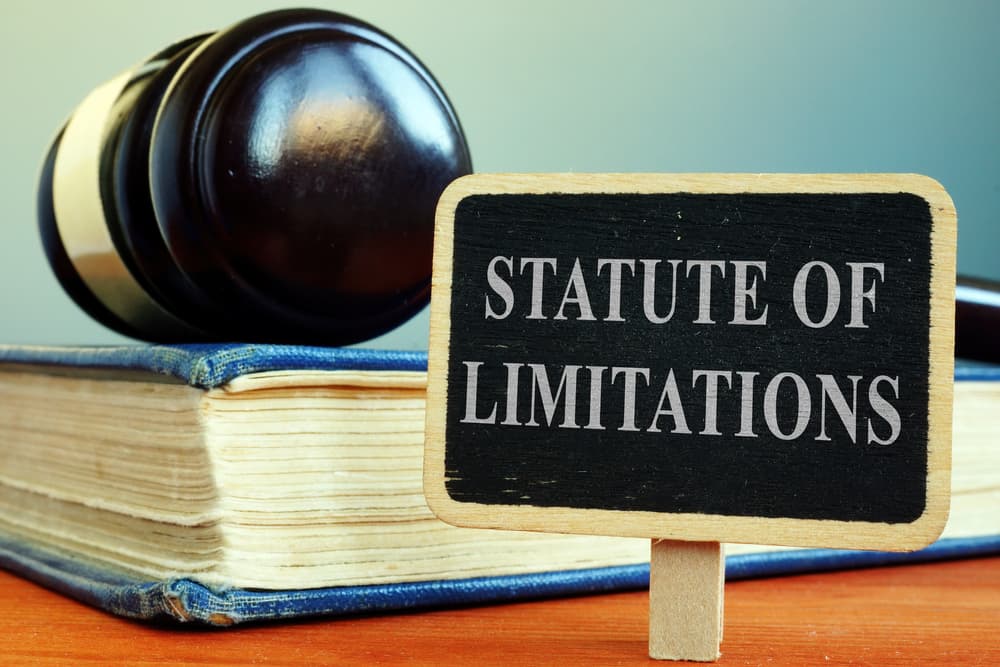Boating should be safe. But sometimes, people get hurt. When that happens, it's important to know who may be responsible. If you were injured on the water, you may be asking: who can be held liable after a boat accident? That’s a key question, especially when medical bills start to pile up and your life feels disrupted.
Whether you were on a jet ski, a pontoon boat, or a fishing vessel, the law gives you the right to ask for help from the person or company that caused the accident.
The Boat Operator Often Carries the Blame

In many cases, the person driving the boat made a mistake. Maybe they were careless. Maybe they were distracted or even drunk. Boat operators have a duty to keep others safe on the water. If they break that duty, they can be held liable for injuries.
There are many ways a boat operator can be at fault:
- Driving too fast for the water conditions
- Ignoring other boats or objects in the water
- Failing to keep proper safety equipment on board
- Drinking alcohol or using drugs while operating the boat
Key signs the boat driver may be responsible:
Reckless behavior
Swerving, racing, or ignoring other people on the water is dangerous. These actions can easily cause harm.
Inattention
If the operator was not paying attention — checking their phone or talking to others — they may be at fault.
No license or training
In some places, boat operators need to pass a safety course. If they haven’t, that may count against them.
If the person operating the boat causes your injuries, you may have a claim against them. You do not have to prove they meant to hurt you. You only have to show they were careless.
A Boat Rental Company May Also Be Liable
Sometimes the boat is not owned by the person driving it. Many people rent boats for the day or weekend. In those cases, the rental company might be partly to blame.
This is especially true if the boat was unsafe or if the person who rented it was not qualified to use it.
Look at these common problems with boat rental companies:
- Renting to someone without a license or proper training
- Failing to maintain the boat
- Not providing required safety equipment (like life jackets or fire extinguishers)
- Ignoring local rules about water safety
Rental companies have duties too
Check qualifications
They should make sure renters can handle the type of boat they provide.
Inspect equipment
They must keep boats in working order. If a faulty engine or broken light caused the accident, the company could be at fault.
Follow the law
If they let someone break boating laws or skip safety steps, they may be liable for any injuries that happen.
When a rental company puts profits before safety, they can be held responsible. If you were hurt on a rented boat, it's important to look at how the rental was handled.
Other Boaters Can Be At Fault Too
Not every accident is caused by the boat you were on. Sometimes, another boat hits you. In those cases, the driver of the other boat may be liable. Collisions on water work a lot like crashes on roads.
One person may be at fault, or both people might share blame.
Here are some common mistakes made by other boaters:
- Failing to yield the right of way
- Speeding through no-wake zones
- Driving too close to swimmers or other vessels
- Not using lights at night
Who caused the accident?
Ask these questions:
- Did another boat collide with yours?
- Was the other boat speeding or weaving?
- Did they fail to respond to signals or horns?
If you can answer yes to one or more, the other boater might be responsible for what happened. Even if you don’t know who the other boat operator is, there may be a way to find them. Surveillance video, witnesses, or local marinas may help identify the vessel.
The Boat Owner Could Be Responsible
In some situations, the person who owns the boat was not the one driving it. But that doesn’t always let them off the hook. Boat owners have certain legal duties. They can be held responsible if they let someone who was not qualified or safe drive the boat.
Common examples of owner negligence:
- Lending a boat to someone they knew was drunk
- Allowing a teenager or unlicensed person to take the boat
- Failing to fix known safety issues
Three reasons a boat owner might be liable:
Negligent entrustment
This happens when someone gives their boat to a person who should not be driving it. For example, giving it to someone with no experience or who has used drugs.
Poor maintenance
If the steering fails or a safety feature doesn’t work, that’s on the owner.
Ignored warnings
They may be liable if the owner knew about dangerous parts or bad weather and didn’t warn the driver.
A legal team can often track down that information if you don’t know who owned the boat. Once you know who owns the vessel, you can look into whether they shared any blame.
Manufacturers or Mechanics May Share Fault
Not every boating accident is caused by people. Sometimes, the boat or one of its parts fails. When that happens, the company that made or serviced the boat could be responsible.
This includes both the manufacturer of the boat and any mechanic or repair shop that worked on it.
Faulty parts that can cause accidents:
- Engine or throttle failures
- Steering issues
- Fuel system problems
- Electrical fires
- Defective life jackets or navigation systems
How mechanical failure causes harm
Product defects
If the boat was built wrong or had faulty parts, the manufacturer may be responsible.
Poor repairs
If someone fixed the boat poorly, and that caused the accident, they could share the blame.
Ignored recalls
If the boat had a recall and no one fixed the problem, that could be used as evidence of fault.
This kind of case can be more complex. You might need records, expert testing, or engineering reports. But if a defective boat or part caused your injury, you may have grounds for a defective product lawsuit and deserve to know your rights.
What If Multiple People Share Blame?
More than one person or business can be held responsible for the same accident. This is common in boating cases. For example, a drunk driver may have crashed a rented boat that had broken safety equipment.
In that case, both the driver and the rental company may be liable.
What happens when there are multiple people at fault?
- The law allows you to name all parties who may share responsibility
- You may be able to recover more compensation this way
- Each party may owe part of the damages based on how much they contributed to the accident
Working Out Shared Fault
It’s not always clear who caused what. That’s why legal help can make a big difference. A good investigation can uncover:
Witness statements
What did others on the water see or hear?
Boat logs or GPS data
Some boats have tracking or recordkeeping systems.
Maintenance and rental records
These can show whether the boat was safe and who had it last.
Even if you're unsure who caused the crash, you don’t have to solve it cluelessly. Once a claim is started, the investigation can help fill in the gaps.
What If You Were Hurt as a Passenger?
Passengers often feel confused after a boat accident. You may not know who was driving. You may not know whether the boat was rented or owned. But if you were hurt, you still have rights.
As a passenger, you are rarely at fault. You may be able to file a claim against:
- The person driving the boat
- The person or company that owns it
- The person or boat that hit yours
- A rental company or repair shop
Steps to take as a passenger:
- Get medical care as soon as possible
- Take pictures of the scene, if you can
- Write down what you remember — names, time, location, behavior
- Talk to a Boating accident lawyer about what happened
You don’t need to decide who to blame on your own. That’s part of what legal representation can help with. The goal is to help you recover physically and financially.
Frequently Asked Questions About Boat Accident Liability
1. Can passengers sue the boat operator if they were invited guests?
Yes. Even if you were invited for a social trip, you can still bring a claim if the operator was careless and caused the accident. Friendship or family ties don’t remove your legal right to compensation. Boat operators are responsible for keeping their passengers safe, regardless of personal relationships.
2. What if I signed a waiver before boarding the boat?
Waivers do not always protect the boat owner or company from liability. Many waivers are poorly written or too broad to be enforced. If the accident involved reckless conduct, intoxication, or a safety violation, the waiver may not apply at all. Always have a lawyer review any waiver you signed.
3. Is there a time limit to file a claim after a boating accident?

Yes. Texas law places a time limit, known as the statute of limitations, on injury claims. In most cases, you have two years from the date of the accident to file a lawsuit. If you wait too long, you may lose your chance to seek damages. Certain exceptions may apply for minors or delayed injuries.
4. Can I recover damages even if I wasn’t wearing a life jacket?
Yes. Not wearing a life jacket does not automatically prevent you from recovering damages. However, it could affect how much compensation you receive. Insurance companies might argue that your injuries were worse because of that decision. Texas law focuses on shared responsibility, so your award could be reduced based on your actions.
5. What if the accident happened on a private lake?
Private lakes are still subject to boating laws. If the lake is large enough for motorized watercraft, there are likely rules in place about safe operation. Property owners, lake associations, or private clubs may also share liability if poor maintenance or lack of rules played a part in the accident.
6. Do different laws apply if the accident happened during a commercial tour?
Yes. Commercial boating trips, like fishing charters or sightseeing tours, must meet higher safety standards. They are regulated by both state and sometimes federal law, depending on where the accident took place. If a paid guide or operator caused the accident, there may be more than one company responsible.
7. Can I sue if I was injured while boarding or getting off the boat?
Yes. Accidents during boarding or exiting are common and can lead to valid injury claims in the accident. You may be able to hold the boat owner, marina, dock operator, or rental company responsible. Slippery surfaces, unstable ladders, or missing handrails can all contribute to preventable injuries during these moments.
Talk to Lorenz & Lorenz, PLLC About Your Boat Accident

If you were hurt in a boating accident, don’t wait to get help. You may be entitled to financial recovery for your injuries, medical bills, and lost income. At Lorenz & Lorenz, PLLC, we handle personal injury cases throughout Central Texas — including Austin, Waco, Temple, Killeen, and beyond.
We know exactly how hard it can be after a serious accident on the water. Let us review your case and explain your options.. Call us at (512) 477-7333 to speak with our team today.